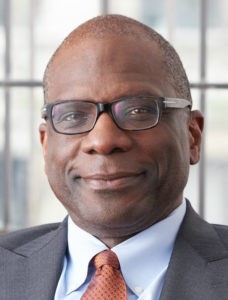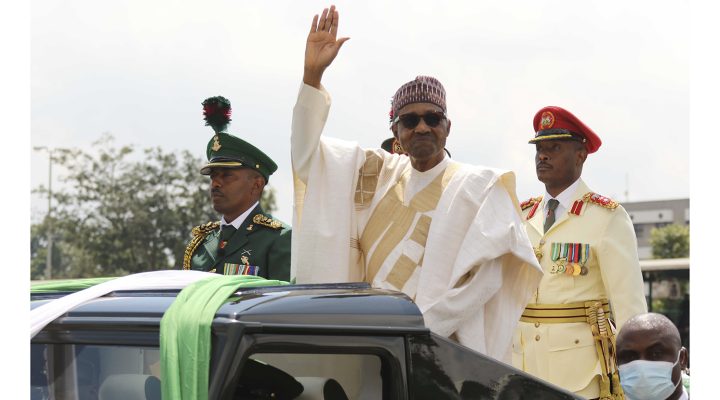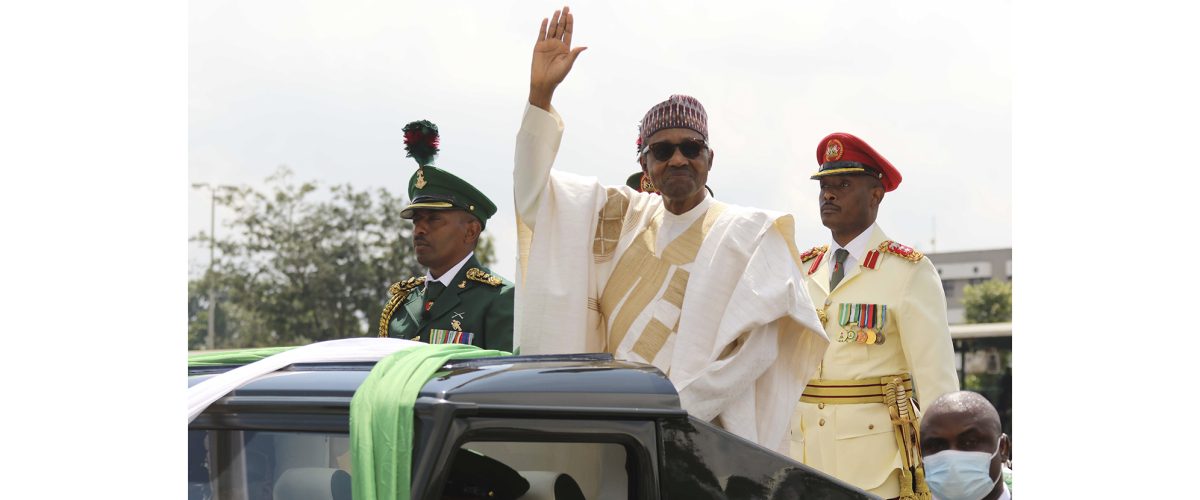Four days before anniversary celebrations of Nigeria’s independence from Britain, the United States Commission on International Religious Freedom issued yet another statement condemning attacks on worshipers in the country.
The terrorist attack reportedly claimed 15 lives. It happened in Bukkuyum, which is located in Zamfara State in the northwestern part of the country. Armed men believed to be terrorists opened fire on worshipers in a mosque. This was the latest incident in an increasing number of attacks by terrorists against people of diverse faiths in the country, as Christian churches also have been targeted.
Nigeria gained independence from Britain on Oct. 1, 1960, a date that is commemorated every year with speeches and praise from government officials. These speeches inevitably must address the challenges the country faces.
This year’s Oct. 1 speech by Nigerian President Muhammadu Buhari was no different. Buhari, while stating that his government worked “methodically in reducing insurgency in the northeast, militancy in the Niger Delta, ethnic and religious tensions in some sections of Nigeria along with other problems threatening our country,” noted that other challenges remain.
“As we continue to de-escalate the security challenges that confronted us at inception of this administration, newer forms alien to our country began to manifest especially in the areas of kidnappings, molestations/killings of innocent citizens, banditry, all of which are being addressed by our security forces,” he said. “I share the pains Nigerians are going through and I assure you that your resilience and patience would not be in vain as this administration continues to reposition as well as strengthen the security agencies to enable them to deal with all forms of security challenges.”

Frederick A. Davie
But words are not keeping worshipers from being killed, said Frederick A. Davie, USCIRF commissioner: “This horrific attack on worshippers is just the latest demonstration of how insecurity in Nigeria erodes freedom of religion or belief.
Prior to the attack, many Nigerians were reported to have been kidnapped or killed by terrorists in Zamfara or other northern states … . The assault is not restricted to the north. In June, more than 40 worshipers lost their lives after terrorists invaded a Catholic church in Ondo State, in the western region.
In view of the threat residents of the country face, Davie said that “all Nigerians have the right to gather for services and worship together without fear of attack.”
Frank Wolf, another USCIRF commissioner, added: “Attacks against worshippers in Nigeria are all too common.” He advised that “the U.S. government needs to implement a higher priority and stronger efforts to promote religious freedom in Nigeria and protect congregations from attack. The U.S. Department of State needs a special envoy to prioritize these issues and oversee a holistic approach for U.S. policy in Nigeria.”
In consideration of heightened terrorist activities in Nigeria, USCIRF in its 2022 annual report recommended that the U.S. State Department designate Nigeria as a Country of Particular Concern and Boko Haram as an Entity of Particular Concern.
Anthony Akaeze is a Nigerian-born freelance journalist who lives in Houston. He covers Africa for BNG.
Related articles:
Is Nigeria really the world’s most dangerous place for Christians? | Analysis by Anthony Akaeze
Tragic church attack in Nigeria claims more than 50 lives on Pentecost
Fact-finders highlight ethno-religious violence in Nigeria, while State Department declines to act


